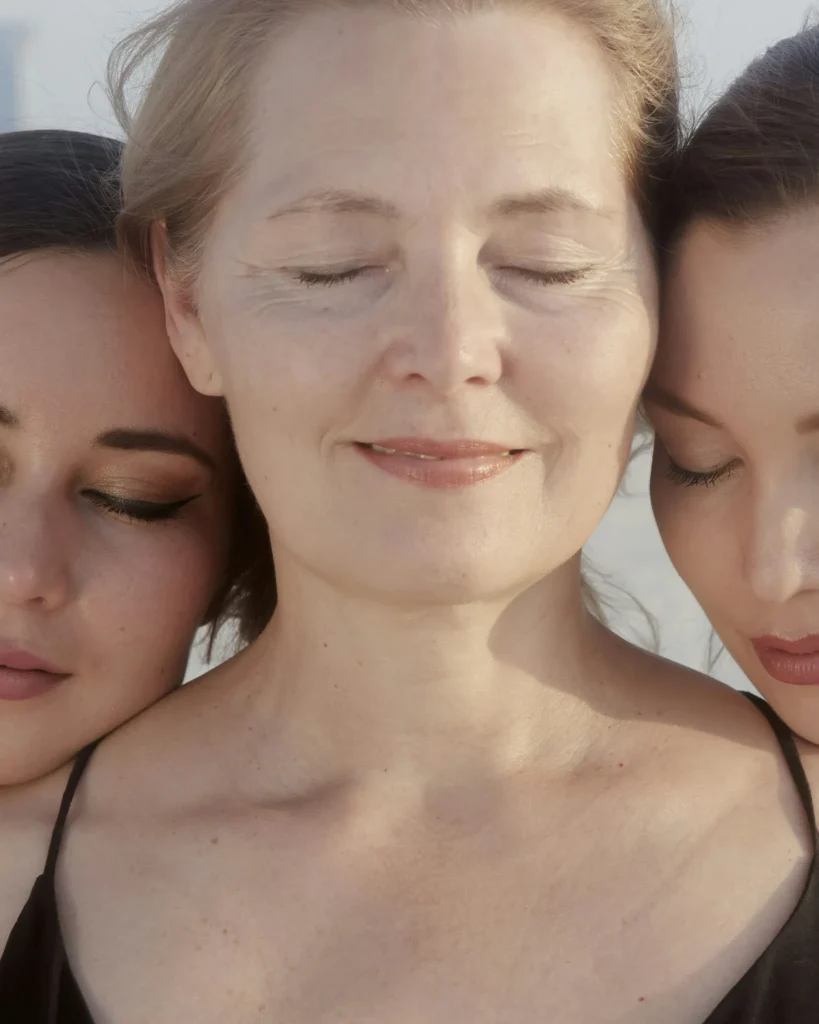Navigating Menopause: Resources and Support for Women Over 40
Menopause is a natural part of the aging process for women, typically occurring in their late 40s to early 50s. This significant life transition can bring about a variety of physical and emotional changes that can be challenging to navigate. From hot flashes and night sweats to mood swings and sleep disturbances, menopause can impact a woman’s quality of life in many ways. Fortunately, there are a wealth of resources and support available to help women over 40 manage the symptoms of menopause and maintain their overall health and well-being.
In this article, we will explore the various resources and support options available to women experiencing menopause, including lifestyle changes, alternative therapies, and medical interventions. We will also provide tips for finding the right support system and navigating this stage of life with confidence and grace.
Lifestyle Changes
One of the most effective ways to manage the symptoms of menopause is through lifestyle changes. Making healthy choices in diet, exercise, and stress management can help alleviate symptoms and improve overall well-being during this transition. Here are some key lifestyle changes to consider:
1. Diet: Eating a balanced diet rich in fruits, vegetables, whole grains, and lean proteins can help alleviate symptoms of menopause. Avoiding caffeine, alcohol, and spicy foods can also help reduce hot flashes and night sweats.
2. Exercise: Regular physical activity can help manage weight gain and maintain bone health during menopause. Aim for at least 30 minutes of moderate exercise most days of the week, such as walking, swimming, or yoga.
3. Stress management: Practicing relaxation techniques such as deep breathing, meditation, or mindfulness can help reduce stress and improve mood during menopause. Engaging in activities that bring joy and relaxation, such as hobbies or spending time with loved ones, can also help alleviate symptoms.
Alternative Therapies
In addition to lifestyle changes, many women find relief from menopausal symptoms through alternative therapies. These treatments, which may include herbal supplements, acupuncture, or yoga, can help alleviate hot flashes, mood swings, and other common symptoms of menopause. It is important to consult with a healthcare provider before trying any alternative therapy to ensure it is safe and effective for you.
Medical Interventions
For some women, menopausal symptoms may be severe and require medical intervention. Hormone replacement therapy (HRT) is a common treatment option for menopause, which involves taking estrogen and sometimes progesterone to alleviate symptoms. However, HRT is not suitable for all women and may carry risks, so it is important to discuss the potential benefits and drawbacks with a healthcare provider.
FAQs
Q: What are the most common symptoms of menopause?
A: The most common symptoms of menopause include hot flashes, night sweats, mood swings, sleep disturbances, and vaginal dryness. Some women may also experience weight gain, memory problems, and changes in libido.
Q: How long does menopause typically last?
A: Menopause is a gradual process that can last several years. The average length of menopause is around four years, but some women may experience symptoms for up to ten years or more.
Q: Are there any natural remedies for menopause symptoms?
A: Some women find relief from menopausal symptoms through natural remedies such as herbal supplements, acupuncture, or yoga. It is important to consult with a healthcare provider before trying any alternative therapy to ensure it is safe and effective for you.
Q: What is hormone replacement therapy (HRT) and is it safe?
A: Hormone replacement therapy (HRT) is a common treatment option for menopause, which involves taking estrogen and sometimes progesterone to alleviate symptoms. HRT is not suitable for all women and may carry risks, so it is important to discuss the potential benefits and drawbacks with a healthcare provider.
In conclusion, menopause is a natural part of the aging process for women over 40, and while it can bring about physical and emotional challenges, there are a variety of resources and support options available to help women navigate this stage of life with confidence and grace. By making healthy lifestyle choices, exploring alternative therapies, and seeking medical intervention when needed, women can manage the symptoms of menopause and maintain their overall health and well-being. Remember, you are not alone in this journey, and there are many resources and support systems available to help you through this transition.
